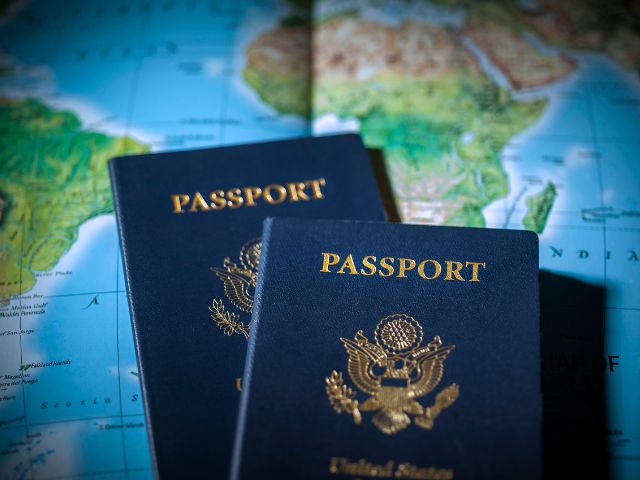International Travel Nurse Salary and Positions
International travel nurses can make a substantial amount of money, much more than that of a local travel nurse. International travel RNs make an average of $121,710 annually. Salaries can vary based on experience level, specialty, location, and living arrangement.
Landing international positions requires preparation, patience, and determination. Nurses who wish to work in this field may apply for positions through international travel nursing agencies or directly through the country’s nursing governing body. Here are three ways to get started.
Nursing Regulatory Bodies
One of the best ways to find international nursing positions is to go directly to the source. Nurses who wish to work abroad can find out the exact requirements necessary by visiting the website of the country’s nursing regulatory body. A simple online search is all it takes. Here are a few international resources.
The U.S. Department of Defense
A great resource for finding international nursing jobs is the Department of Defense (DoD). Currently, there are no international positions open for registered nurses. However, the DoD hires nurse practitioners (NPs) in the role of “foreign service medical providers.”
Job benefits include life and medical insurance, family leave, sick and holiday pay, retirement, and educational training and development. Annual salary ranges from $105,654 to $150,127. NPs are assigned to overseas missions that can last up to three years. Duties include performing medical exams, prescribing treatments, providing emergency care, acting as a diplomat, and maintaining involvement with the U.S. embassy.
The Peace Corps
The Peace Corps, known for its global volunteer services, is a great resource for nurses who wish to explore opportunities abroad prior to stepping into the international nurse role. Although there are no travel nursing positions available, the organization has many volunteer openings for community health educators in Africa and South America.
Volunteers work alongside nurses in the community by helping with trainings, small group meetings, mentoring, and community mobilization. Positions require a bachelor’s degree and five years of professional experience. Preferred qualifications include nursing experience, interest in public health, and willingness to learn the local language.









